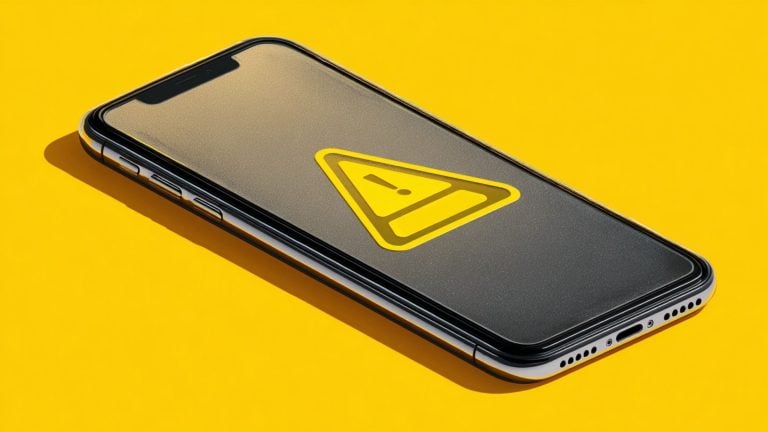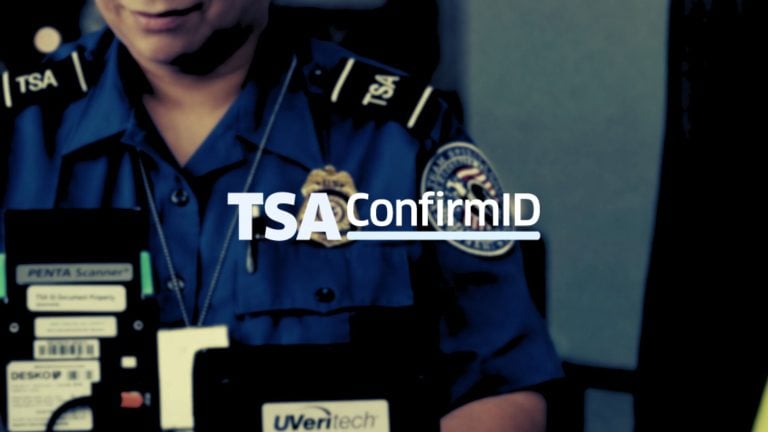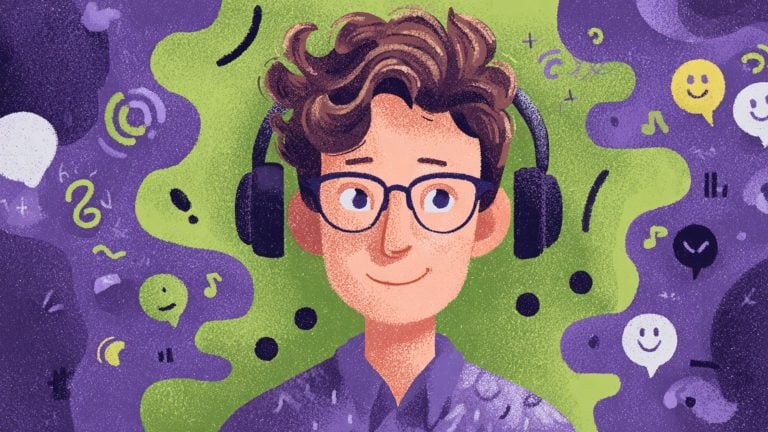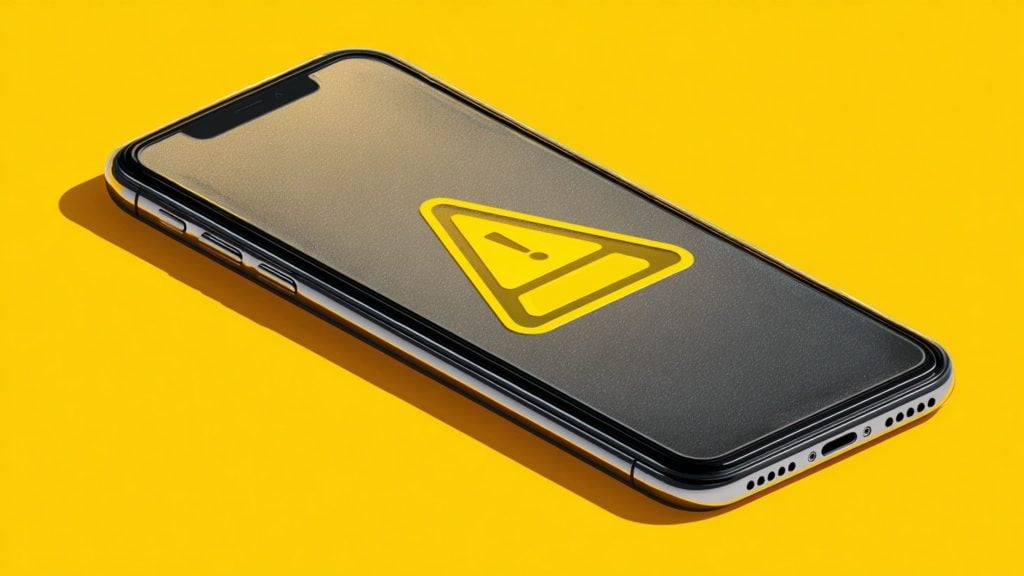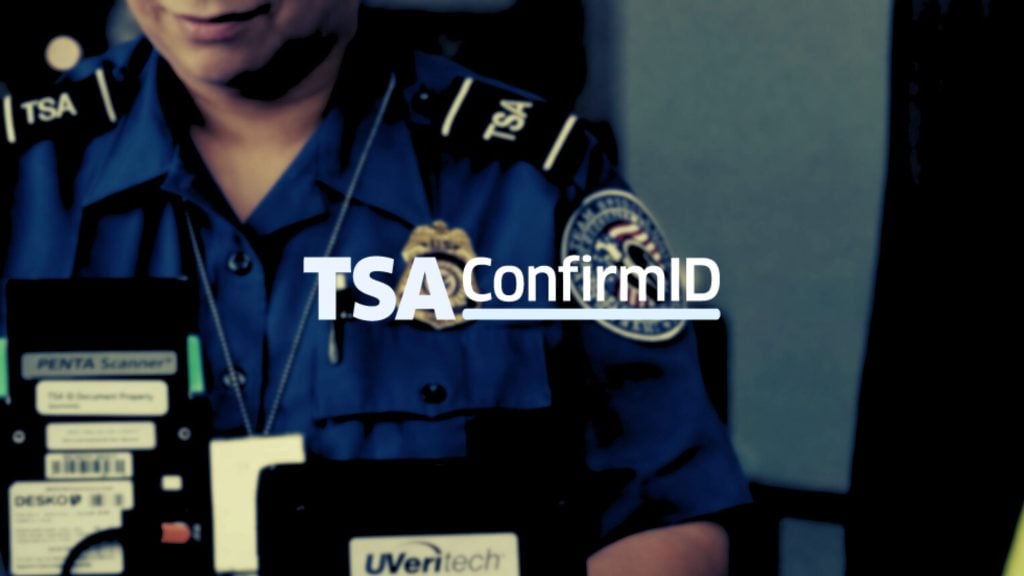In a damaging move against free speech, British kids are being warned to be careful about what they say online as it could ruin their future careers. That’s because police have already recorded thousands of “non-crime hate incidents” involving kids. These non-crime hate incidents could show up if an employer conducted a deep background check.
Non-crime hate incidents are cases of “hostility towards religion, race, or transgender identity.” Police in the UK are required to record these incidents even without evidence of a so-called hate element.
Since 2014, when the law was enacted, more than 2,000 incidents involving kids under the age of 17 have been recorded, according to new FOI (freedom of information) requests by The Telegraph.
Multiple forces across the country refused an FOI request, citing the high cost of retrieving the data, meaning the numbers could be much higher.
Prominent Conservative politician, Sir John Hayes, called the situation a “disturbing trend,” with concerning consequences for some children’s future careers.
“I think it is a really unfortunate, dangerous road for the police to go down,” Sir Hayes said.
“Nobody should be condemned for every quip, joke or comment they have made through their young or adult lives.
“Non-crime hate incidents are an extremely worrying trend, a huge draw on police resources and, at its worst, are incompatible with the right to alarm, shock and inspire which are all components of a free society.
“Are we really going to become a society where none of that is possible?”
Making matters worse is a recent guideline by the College of Policing, which said it would be “proportionate” for forces to record incidents against kids who use hurtful words against others in classrooms.
The so-called non-crime hate incidents may not show up in a normal criminal background check. But they will definitely show up in an enhanced DBS check, performed for certain careers such as education and caregiving.
“If an enhanced DBS check is carried out, which is limited to a list of high-risk positions like teachers and carers, it will not show up unless it is relevant to the job and is approved by a chief officer, who must consider an individual’s human rights of privacy and freedom of speech,” explained the assistant chief constable at the College of Policing, Iain Raphael.
“Under separate Home Office rules, chief officers must also consider allowing someone the opportunity to reply before information is disclosed, and it should not be disclosed if it is trivial, simply demonstrates poor behaviour or relates merely to an individual’s lifestyle.”
Sir Hayes, who has previously served as the security minister, believes the law is unjustified:
“It is not sufficient to explain why some police forces are reaching a point where the expression of views and unfashionable ideas… are sufficient to be the matter of forces of the law. Now that is incompatible with a free society.”
But according to the College of Policing, some of the incidents are recorded on child safeguarding grounds.
“Of the 2,000 records, it is important to be aware that between 2014 and 2019 there will have been many millions of interactions between police and children which demonstrates the proportionally and discretion used by police. It is also not clear from the figures how many of the incidents recorded were for the same child,” ACC Raphael said.


